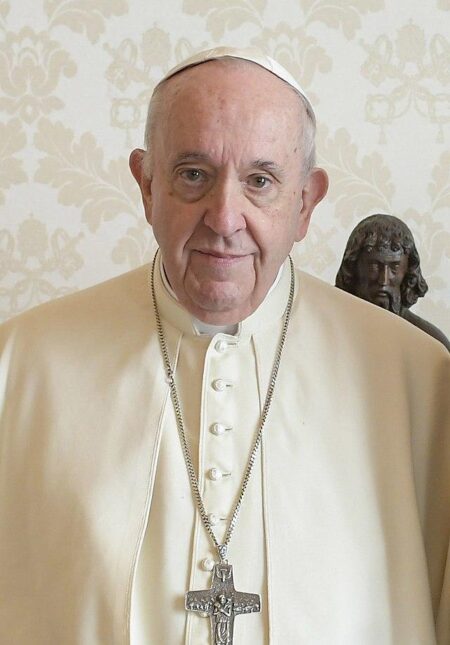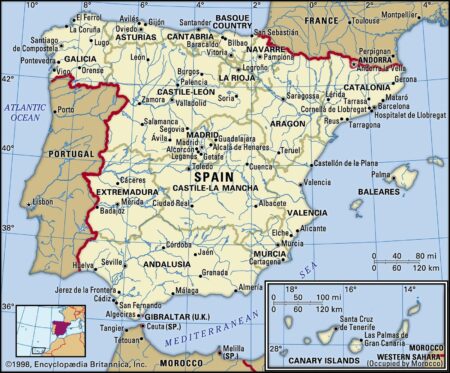In teh ongoing conflict between ukraine and Russia, the complexities of international involvement continue to unfold. Recently, Ukrainian President Volodymyr Zelensky made a striking claim, alleging that approximately 155 Chinese nationals are fighting on behalf of Russian forces. This assertion has sparked conversations about the shifting dynamics and the potential implications of foreign participation in the war. As the conflict enters another challenging phase, understanding the role of global players, including China, becomes increasingly crucial. In this article, we examine the details of Zelensky’s claim, the context surrounding foreign fighters in the Ukraine war, and the broader geopolitical ramifications of such involvement.
Ukrainian President alleges Involvement of Chinese Nationals in Russian Military Efforts
Ukrainian President Volodymyr Zelensky has raised eyebrows by asserting that approximately 155 Chinese nationals are engaged in combat alongside Russian forces in the ongoing conflict. this allegation highlights a troubling potential shift in the dynamics of military alliances, as Zelensky calls for greater scrutiny of foreign involvement in the war.Reports suggest that these individuals could be affiliated with private military companies, a concern that could exacerbate ukraine’s challenges as it faces a multi-faceted adversary.
The implications of such involvement could be far-reaching, prompting discussions on international law and the ethics of foreign fighters. Zelensky’s government is urging the global community to take action, emphasizing the need for heightened vigilance regarding the participation of foreign nationals in the conflict. The situation underscores a complex geopolitical landscape, where nations may find their interests intertwined in ways that challenge traditional boundaries and alignments. Key points of the situation include:
- Potential official support from Beijing.
- Concerns over private military firms operating beyond their national borders.
- Heightened tensions between nations involved in the conflict.
Implications of Foreign Fighters on the Ukraine Conflict and Global Reactions
The presence of foreign fighters in the Ukraine conflict underscores a complex paradigm affecting both military operations and international diplomacy. Reports indicating that 155 Chinese nationals are allegedly fighting for Russian forces highlight a troubling trend, where actors from various countries are drawn into the fray, either ideologically or for personal reasons. This influx of foreign fighters may significantly shift the balance on the battlefield, complicating the already intricate dynamics of the war. Some of the key implications include:
- Increased Geopolitical Tensions: The involvement of foreign nationals can exacerbate existing tensions between Ukraine and Russia, as well as between their respective allies, perhaps leading to wider regional conflicts.
- Shifts in Military Strategy: Local commanders may need to adapt their strategies to account for unfamiliar combatants, changing the nature of warfare in the region.
- Recruitment and Propaganda Strategies: Both sides may leverage the presence of foreign fighters for recruiting purposes and to galvanize support domestically and internationally.
Global reactions to the involvement of foreign fighters in Ukraine have been mixed, revealing differing perspectives on national sovereignty and the right to assist those involved in conflict.Countries across the globe are grappling with how to address these developments, with implications for international law and foreign policy. A recent survey highlighted by various news outlets shows varied public sentiment regarding foreign involvement:
| Country | Support for foreign Fighters |
|---|---|
| USA | 45% in favor |
| China | 30% in favor |
| EU Member States | 38% in favor |
| Russia | 25% in favor |
These figures reflect the complicated and often fragmented global perspectives on involvement in the Ukraine conflict, revealing that as the war evolves, so too do the motivations and responses of nations worldwide.
Strategies for ukraine and Allies to Address Foreign Mercenary Involvement in Warfare
The increasing presence of foreign mercenaries in the ongoing conflict poses meaningful challenges for Ukraine and its allies. To counteract this phenomenon, a multifaceted approach is essential. Strategies may include:
- Intelligence Sharing: Enhancing real-time intelligence cooperation between Ukraine and allied nations to track and monitor the movements of foreign fighters.
- Diplomatic Pressure: Generating international consensus to isolate nations involved in recruiting mercenaries, thereby applying diplomatic and economic pressure.
- Legislation: Implementing strict laws and penalties against recruitment and involvement of foreign mercenaries, making it less attractive for potential fighters.
- Public Awareness Campaigns: Increasing awareness of the consequences of mercenary involvement, thereby diminishing patriotic motivations for foreign fighters.
Moreover, collaboration on legal frameworks and enforcement mechanisms at an international level can serve as a deterrent. Establishing a mechanism to hold accountable those who fund and facilitate such involvement is critical. Key efforts may involve:
| Action | Expected Outcome |
|---|---|
| Joint Task Forces | Enhanced ground and intelligence operations against mercenary networks. |
| Awareness programs | Reduce recruitment through misinformation of potential fighters. |
| Sanctions | Target financial resources of countries enabling mercenaries. |
Future Outlook
President Volodymyr Zelensky’s assertion that approximately 155 Chinese nationals are fighting alongside Russian forces raises critical questions about the evolving dynamics of the Ukraine war. This development not onyl underscores the complexities of international involvement in the conflict but also signals potential shifts in global alliances. As the situation continues to unfold, it will be essential to monitor how these claims influence diplomatic relations and the ongoing military strategies of both Ukraine and Russia. The international community remains watchful, as the implications extend beyond the battlefield, impacting geopolitical stability and security in the region. As always, the need for accurate reporting and verification remains paramount in understanding the broader narrative of this ongoing conflict.



